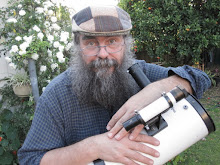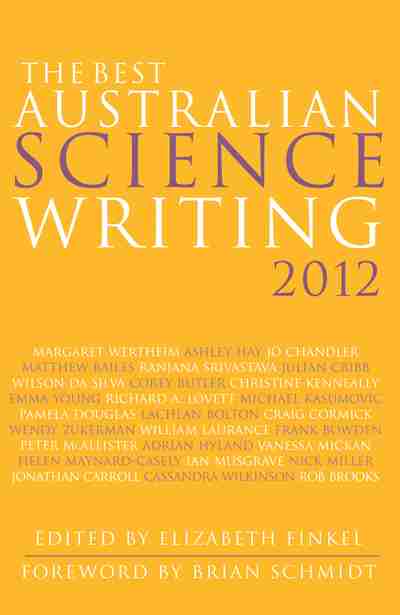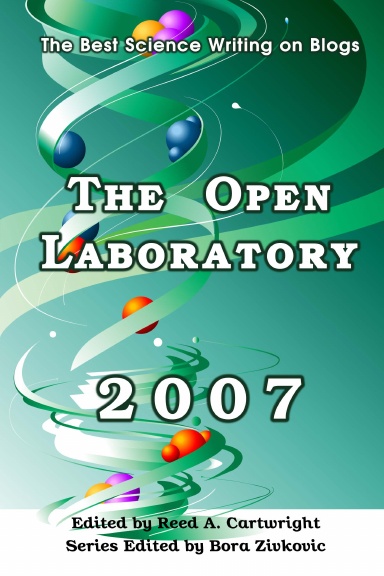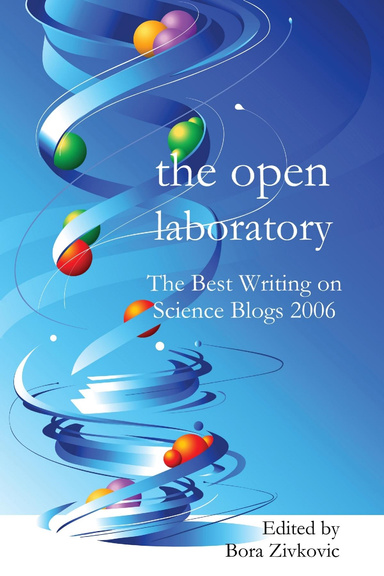Sunday, February 07, 2010
The Dilemmas of Science Reporting - SA Science Communicators Feb 15, 2010
The South Australian Branch of the Australian Science communicators has another great event coming up. Given the controversy about reporting important scientific issues, (and the hash made of reporting climate change made by most Australian papers), this event is highly topical.
The Dilemmas of Science Reporting: Complexity, risk, and the dissident voice
Panellists: Clare Peddie, Rob Morrison, Susannah Elliot and Rod Irvine.
MC- Richard Musgrove,
Given the public (including policy makers) have the right to accurate information, how do scientists/science communicators break down and report complex results in digestible form, without missing vital information or getting the story wrong? Secondly, how does a scientist/communicator approach an interview or story which concerns risk, knowing that the public may use that information to inform lifestyle choices? Lastly, how we deal with dissident voice(s), particularly if the issue involves risk or, equally; how do you get your point across if you are the dissident voice??
Guidelines on Science and Health Communication prepared by the RiGB, The Royal Society and The Social Issues Research Centre are available on http://www.sirc.org/publik/revised_guidelines.shtml
Date: February 15, 2010
Time: 6pm – 8pm
Venue: RiAUS, The Science Exchange
Cost: ASCSA members: free* (see why & how to join below)
Non members: $10
Non member students: $5
Bookings: http://asccommunicatingrisk.eventbrite.com/
The Dilemmas of Science Reporting: Complexity, risk, and the dissident voice
Panellists: Clare Peddie, Rob Morrison, Susannah Elliot and Rod Irvine.
MC- Richard Musgrove,
Given the public (including policy makers) have the right to accurate information, how do scientists/science communicators break down and report complex results in digestible form, without missing vital information or getting the story wrong? Secondly, how does a scientist/communicator approach an interview or story which concerns risk, knowing that the public may use that information to inform lifestyle choices? Lastly, how we deal with dissident voice(s), particularly if the issue involves risk or, equally; how do you get your point across if you are the dissident voice??
Guidelines on Science and Health Communication prepared by the RiGB, The Royal Society and The Social Issues Research Centre are available on http://www.sirc.org/publik/revised_guidelines.shtml
Date: February 15, 2010
Time: 6pm – 8pm
Venue: RiAUS, The Science Exchange
Cost: ASCSA members: free* (see why & how to join below)
Non members: $10
Non member students: $5
Bookings: http://asccommunicatingrisk.eventbrite.com/
Labels: science communicators



 Click to read about or order
Click to read about or order Click to read about or order
Click to read about or order Click to read about or order
Click to read about or order Click to read about or order
Click to read about or order




